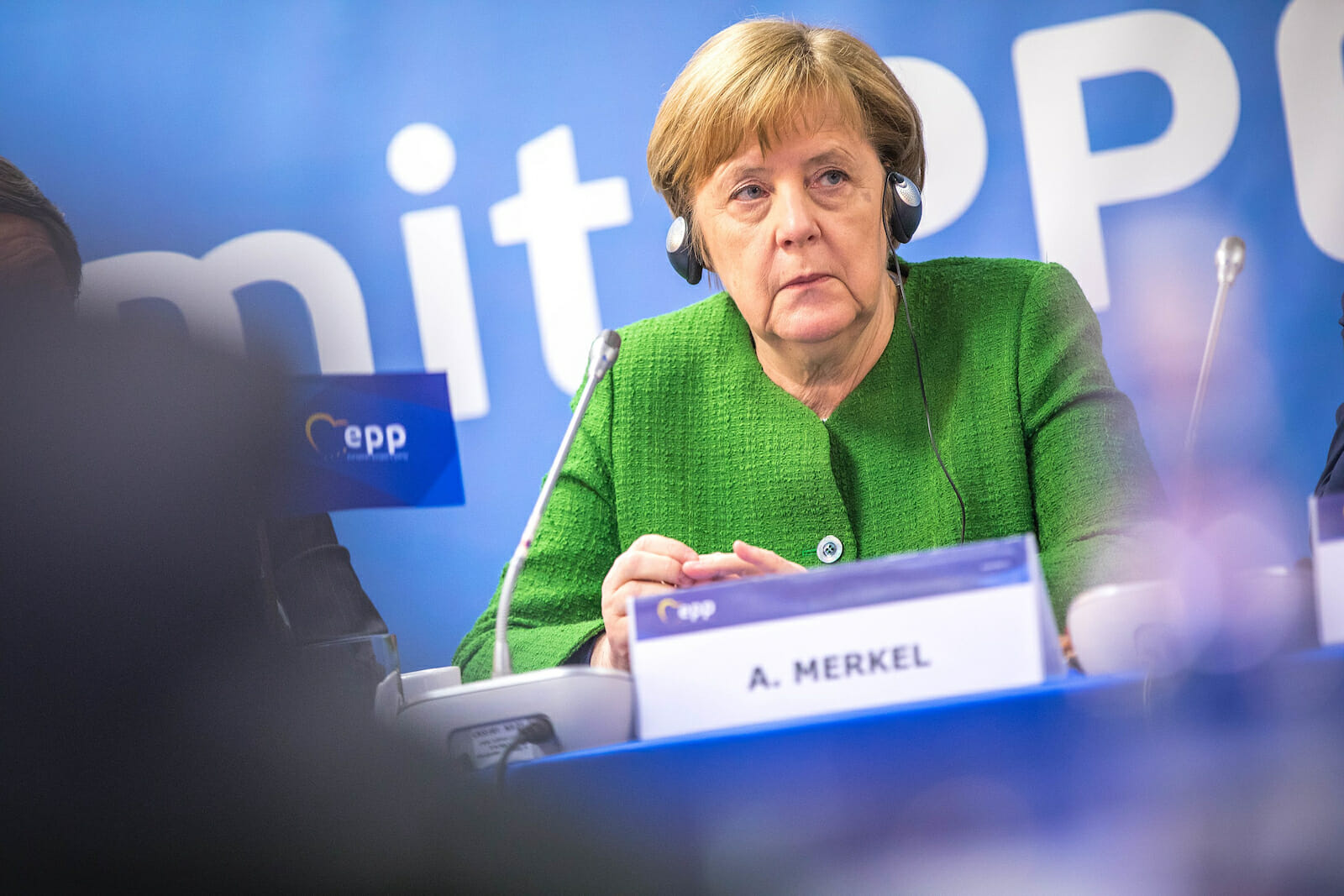
Business
The Economics of Regional Integration: A Bitter-Sweet Cocktail
At the root of every regional integration is the need for synergy, cooperation, and mutually beneficial relationships. This arrangement removes impediments to the free flow of goods, services, capital, people, and ideas. Transaction costs such as tariffs and exchange rate risk could be substantially reduced if not completely eliminated. We can go from free trade, which is the basic form of economic integration to the complex forms of customs unions, common markets, and economic unions, to the more complex form of political unions.
Regional integration, though beneficial, comes at a cost. Currency unions strip national governments of a macroeconomic policy instrument – monetary policy. The loss of monetary autonomy means that the role of national monetary authorities is reduced to that of the implementation of monetary intervention resolutions by a centralized body. An example is the European Central Bank for the European Union, with national monetary authorities belonging to the Eurosystem. A look at the monetary policy statement of the Deutsche Bundesbank validates this position.
The Bitter Mix: Apple’s €14.3 Billion Republic of Ireland’s Tax Bill
The European Commission, the politically independent executive arm of the EU, secured a ruling in 2016 against the tech giant, Apple. The judgment mandated Apple to pay €13.1 billion in back taxes and €1.2 billion in accrued interest to Ireland.
Margrethe Vestager, the EU Competition Commissioner who brought the case against Apple, argued that Ireland, a global hub for hundreds of multinationals attracted by its low 12.5 percent corporate tax rate and EU market access, allowed Apple to attribute nearly all of its EU earnings to an Irish head office that existed only on paper, thereby avoiding paying taxes on EU revenues for over 10 years. The Commission reached the conclusion that the Irish state granted Apple an illegal concession equivalent to state aid.
Interestingly, the Irish government secured a majority vote of the Irish Assembly to reject payment of the back taxes and went a step further to appeal the judgment at an EU court. Apple expectedly joined the appeal and on July 15, 2020, the EU’s second-highest court passed a ruling squashing the EC’s order for Apple to pay €14.3 billion in back taxes to Ireland. In his post-appeal ruling analysis, Andrew Walker, a BBC economics correspondent, stated that the irony of this situation is that “if the ruling had gone the other way, and Ireland had been on the losing side, its ‘punishment’ for breaching EU law would have been to receive a large amount of money: taxes the Commission said were owed by Apple.”
Responding to the ruling, Paschal Donohoe, the Irish Minister of Finance said that “the matter has caused reputational difficulty for Ireland during the many years in which it has played out.” Therefore, the major benefit for winning the case is to reassure multinationals operating in Ireland and potential investors of the safety of their investment.
The Sweet Mix: The EU’s €750 Billion COVID Economic Stimulus Plan
The IMF’s revised World Economic Outlook shows that the euro area will experience a recession of -10.2 percent in 2020 due to the coronavirus pandemic. As a measure to stimulate the economies of countries within the euro, the EU under the guidance of Angela Merkel secured a €750 billion coronavirus stimulus plan. €390 billion is earmarked as grants while €360 billion would be given out as low-interest loans. The repayment of the loan is not expected to begin before 2028 and should not extent beyond 2058.
A brilliant piece by Silvia Amaro of CNBC catalogued the challenges this stimulus plan would face before the European Council (made up of heads of state and government of all EU countries). Among these challenges is that of “how much to borrow from the market,” since the Union has never raised such a huge sum from the market; “who gets what” in terms of the distribution of funds; and “how to oversee it,” that is, the utilization of the fund to ensure that funds are not misused or misdirected.
While EU member countries await the “difficult” scrutiny and expected approval of this economic stimulus plan by the European Parliament, formal and informal negotiations would continue.
Admittedly, regional integration comes with a lot of challenges that are sometimes very painful. The trade-off could be perceived as grossly disadvantageous and if such sentiment is widespread, a choking clamor for Brexit (I mean, exit) would permeate the air. However, it is better to have a support system like the EU, no matter how imperfect and rancorous, than have none at all. Like a popular African proverb says, “If you want to go fast, go alone. If you want to go far, go together.”

